
On January 28, Niger, Mali and Burkina Faso announced their withdrawal from the 15-member Economic Community of West African States (ECOWAS) – from which all three had been suspended following the military coups that overthrew their democratically elected governments. This represents the greatest crisis the bloc has faced since its establishment in 1975.
The three military juntas, which announced a new defence pact in September, accused ECOWAS of being “under the influence” of foreign powers and – citing the bloc’s failure to support their war against al-Qaeda and the Islamic State – posing a “threat to its member-states and people”. All three governments also complained about ECOWAS’s “irrational and unacceptable” economic sanctions against them.
Over the past few years, Niger, Mali and Burkina Faso have been fighting foreign-backed jihadists across the tri-border area, where militants have killed more than 20,000 people and displaced an additional 4.2 million while taking control of vast territories. Now, the withdrawal of these three landlocked Sahelian countries from ECOWAS threatens to disrupt trade and mobility even further, undermine democratic governments and erode Nigeria’s credibility as a regional power.
To mitigate this crisis, regional leaders must confront five key challenges. First, the resurgence of military rule across West Africa represents a failure of democratic governance that can be attributed to endemic corruption and electoral manipulation by authoritarian rulers. Both problems have been compounded by the lasting impact of colonialism and ongoing interference by self-interested foreign powers.
Second, former colonial powers have hindered West African integration. France, in particular, has exerted enormous influence over the region through its control of francophone economic institutions and the CFA franc – the common currency it created for its colonies in 1945. Although French troops were expelled from Niger, Mali and Burkina Faso by 2023 amid fierce anti-French protests, the United States still has 1,100 troops and a drone base in Niger – while 1,000 Russian Wagner Group mercenaries are currently fighting jihadists alongside the Malian military.
Third, it is important to remember that ECOWAS was established to foster economic integration and development, not to address security threats or defend democratic institutions. Nevertheless, despite its limited resources, it has managed to reinvent itself as a peacekeeping force in an unstable, debt-ridden region. While ECOWAS has been highly effective in facilitating the free movement of the bloc’s 440 million people, intra-regional trade has been impeded by member states’ failure to industrialize and diversify their predominantly mono-crop economies.
The fourth obstacle to regional integration is the blatant disregard for ECOWAS’s rules by its own elected leaders, leading to what West African civil-society groups have characterized as a series of civilian coups d’état. Moreover, the suppression of dissent and manipulation of independent institutions have provided military leaders in countries like Mali, Burkina Faso, and Guinea with an opportunity to present themselves as the only ones capable of ousting unpopular French-backed leaders.
Senegalese President Macky Sall exemplifies this phenomenon. Despite his earlier declaration that he would not seek a third term, Sall recently postponed the presidential election that was scheduled for February 25 for 10 months. Earlier this year, Senegal’s Constitutional Council disqualified the popular opposition leader Ousmane Sonko after he was sentenced to two years in prison on trumped-up charges of “corrupting the youth.”
Lastly, domestic instability in Nigeria poses significant political and economic challenges. Accounting for nearly 70% of the region’s GDP and half of its population, Nigeria has historically been the driving force behind ECOWAS. For decades, the country has leveraged its oil wealth to finance and lead the bloc, which is headquartered in Abuja. In the 1990s, Nigeria provided 80% of the troops and 90% of the funding to support ECOWAS’s military efforts to end the civil wars in Liberia and Sierra Leone.
But Nigeria, currently struggling to quell a 15-year Islamist insurgency in its northeastern states, has become a major source of regional instability. With a national debt of $113 billion, an unemployment rate of more than 33%, and a corrupt political elite, the country’s profound crisis has called into question its ability to lead ECOWAS.
As chair of the subregional bloc, Nigerian President Bola Tinubu’s ill-advised and impractical threat to oust Niger’s junta has backfired spectacularly and undoubtedly contributed to the decision by Niger, Mali, and Burkina Faso to withdraw from the bloc. Moreover, attempted military coups have reportedly been thwarted in Guinea-Bissau, Gambia, and Sierra Leone, suggesting that countries like Côte d’Ivoire, Togo, Ghana, and even Nigeria might also be at risk in the future.
To contain the spread of authoritarianism, ECOWAS countries must uphold their democratic principles by imposing sanctions on autocratic rulers. In cases where military regimes cannot be removed through sanctions, the bloc’s leaders should adopt a pragmatic approach and negotiate 2-3-year democratic transitions. This is particularly crucial for the Sahel, where armed militants control large swaths of territory.
ECOWAS must also redouble its efforts to boost socioeconomic development and devise effective security and defense policies. The United Nations and other external donors should commit significant funds to peace-building and poverty-reduction programs, and provide the necessary logistics and financing to expand the bloc’s military capabilities.
To be sure, restoring stability to West Africa will not be easy. But by confronting these challenges head-on, ECOWAS leaders could end the scourge of military coups and foster effective regional integration. Failure to do so will put the bloc’s very existence at risk, potentially plunging the region into even more violence and coups.
Adekeye Adebajo is a senior research fellow at the University of Pretoria’s Centre for the Advancement of Scholarship in South Africa.
Copyright: Project Syndicate, 2024.
www.project-syndicate.org
The post West Africa’s ‘Brexit’ moment could fuel regional turmoil appeared first on The Business & Financial Times.
Read Full Story
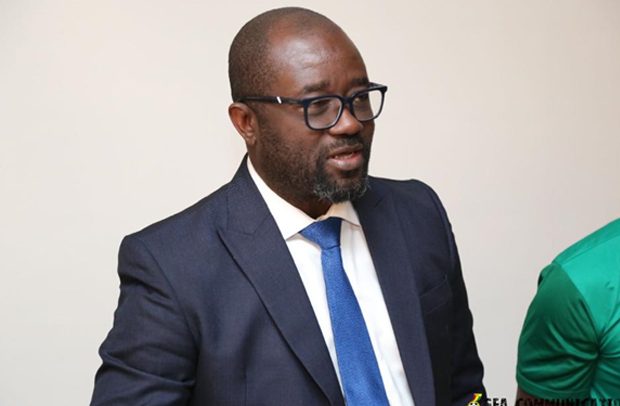
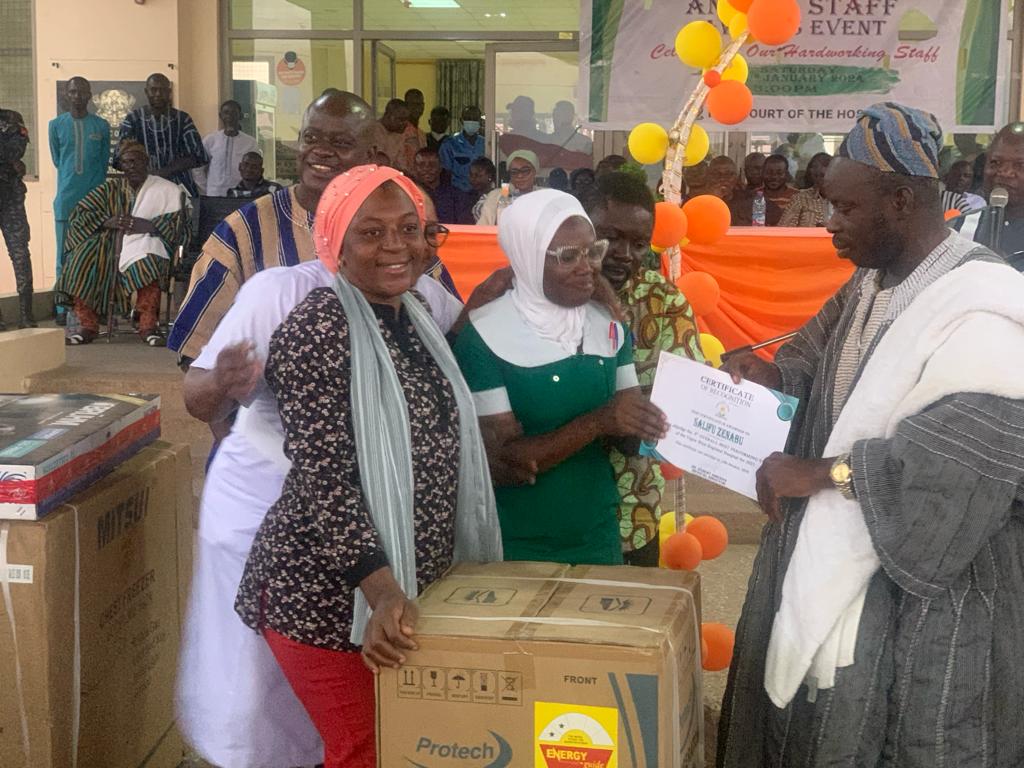
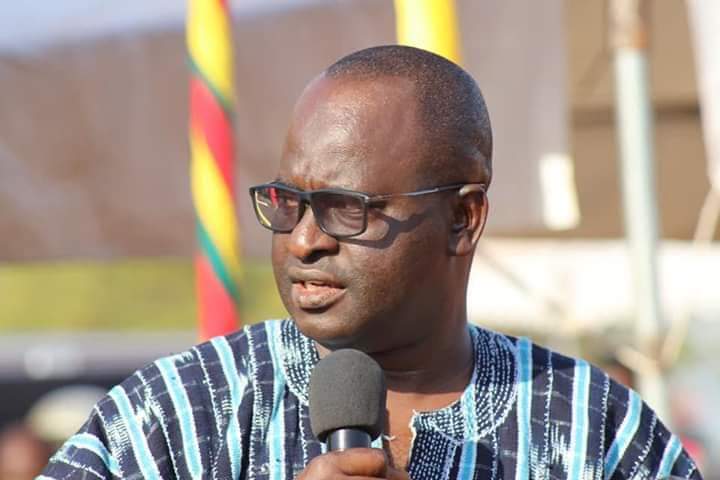

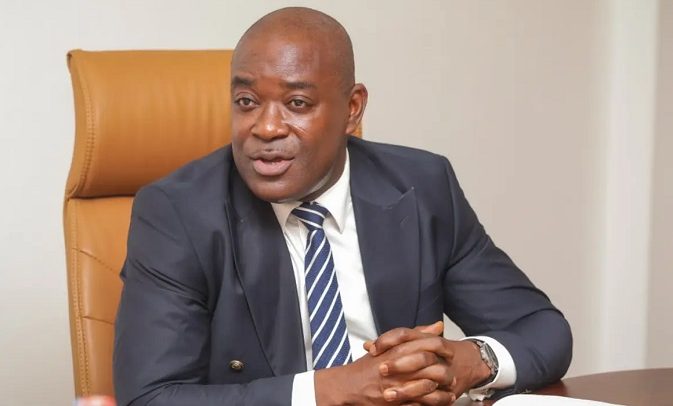











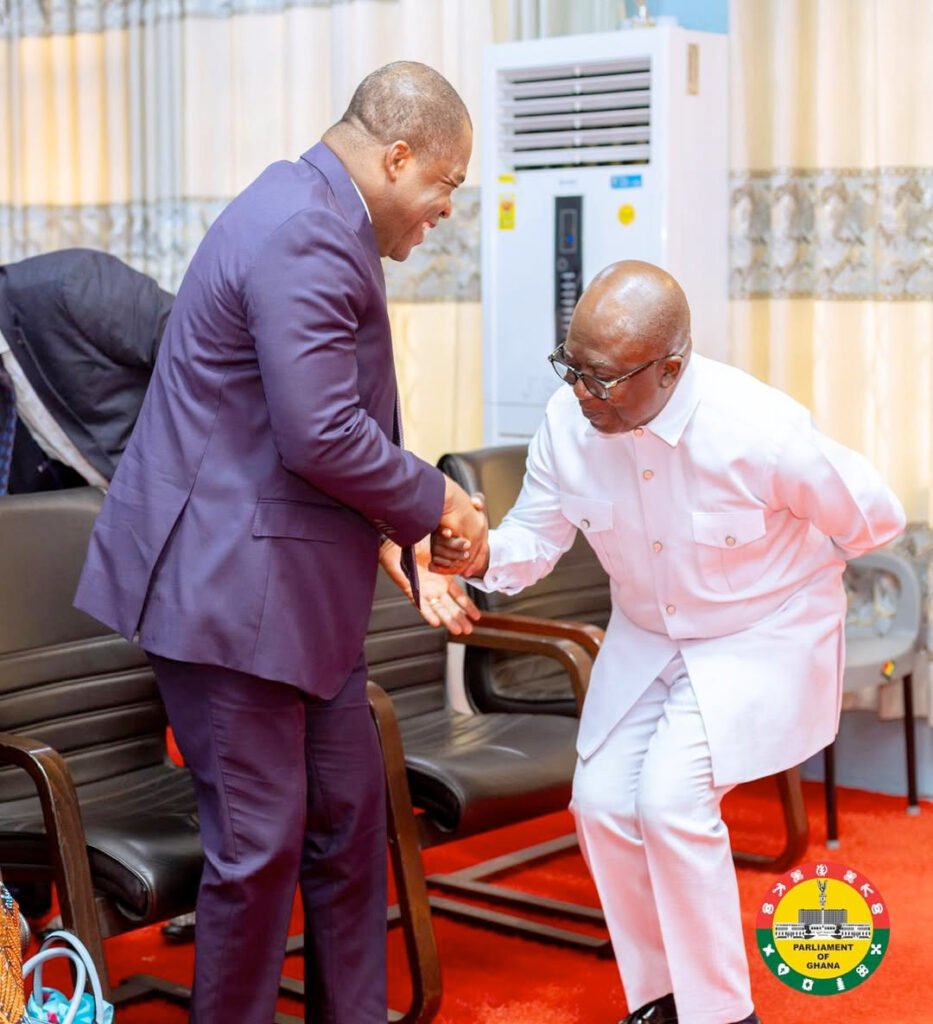

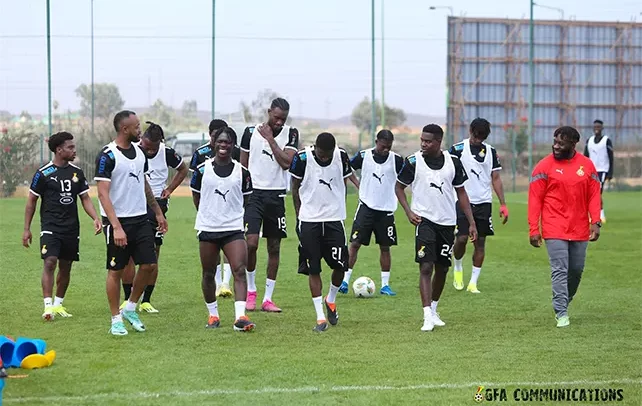

Facebook
Twitter
Pinterest
Instagram
Google+
YouTube
LinkedIn
RSS